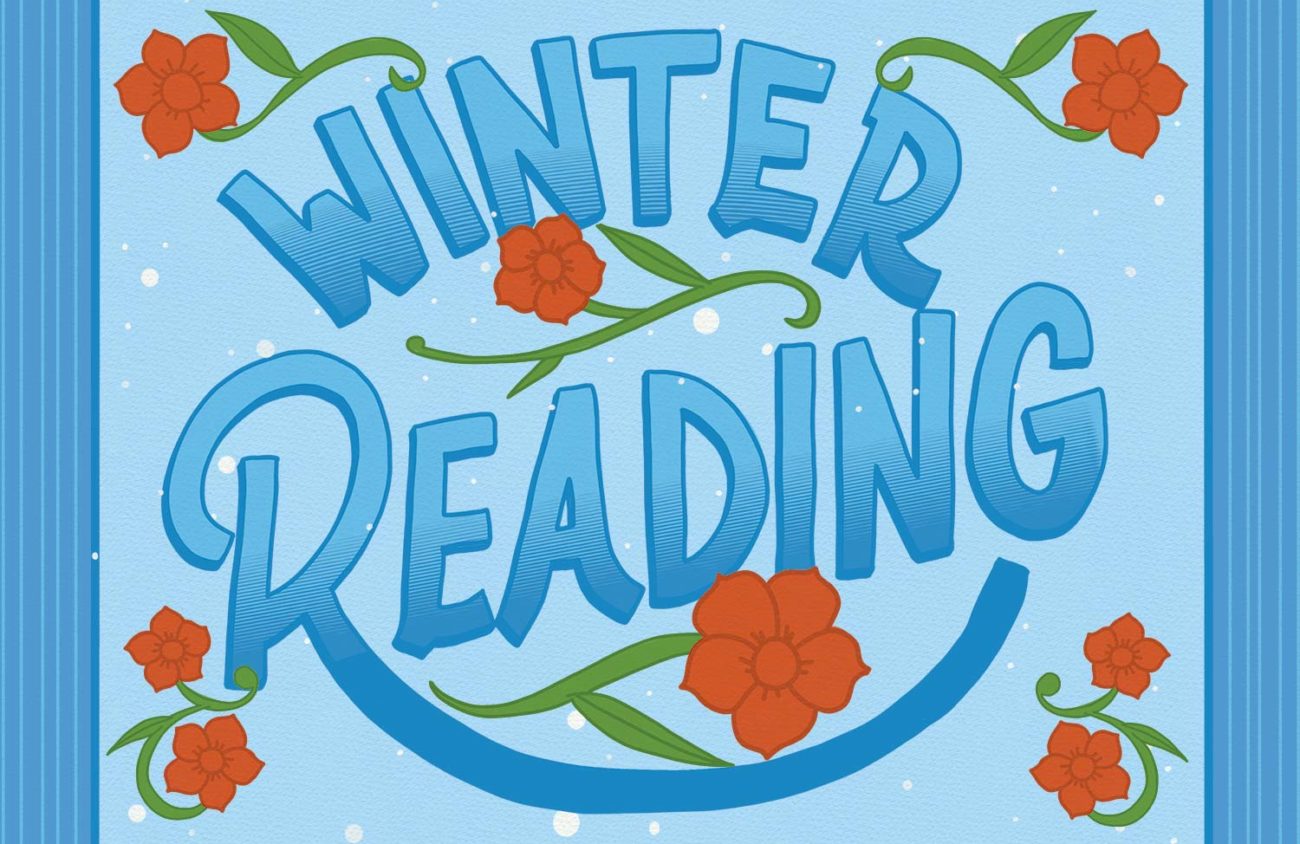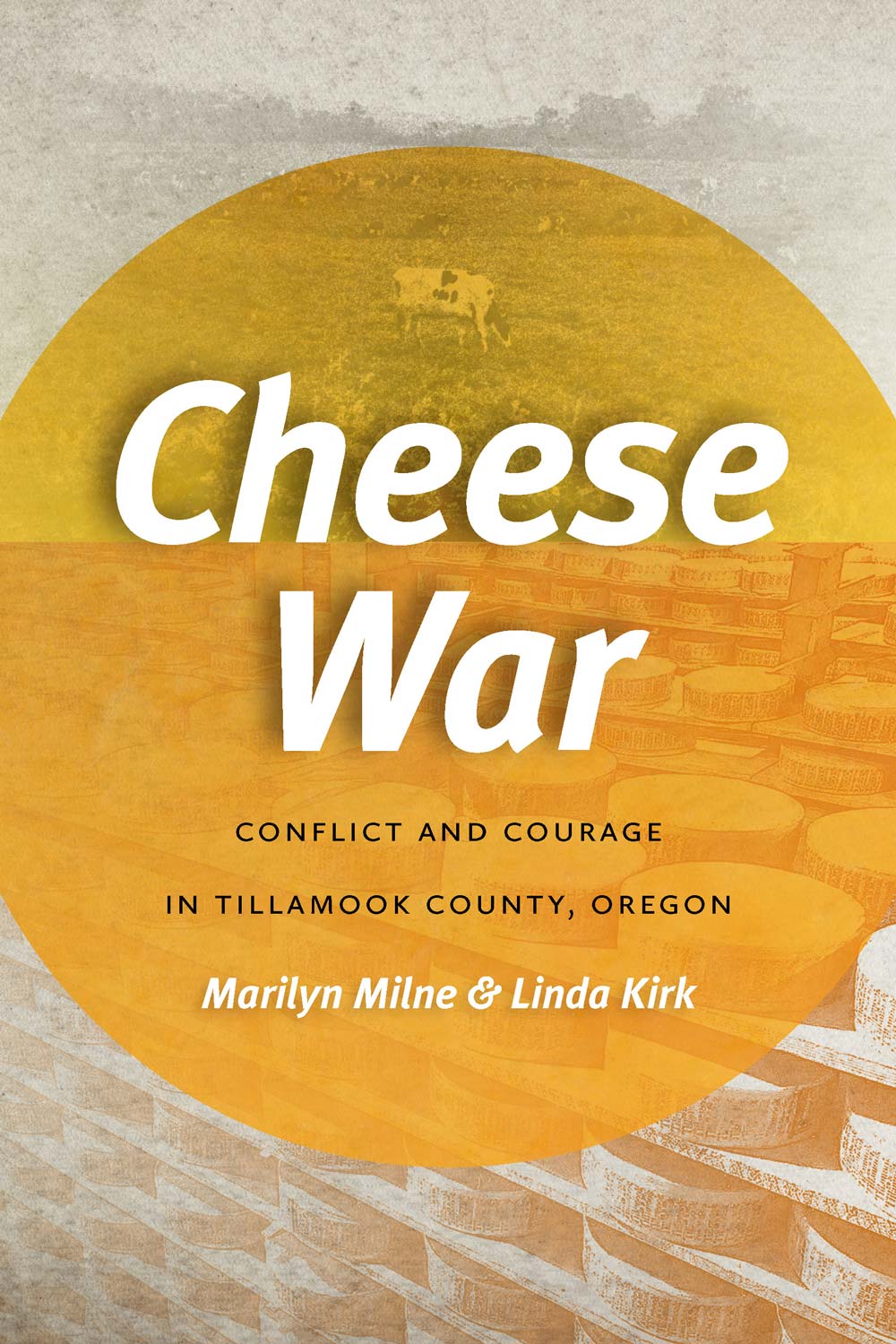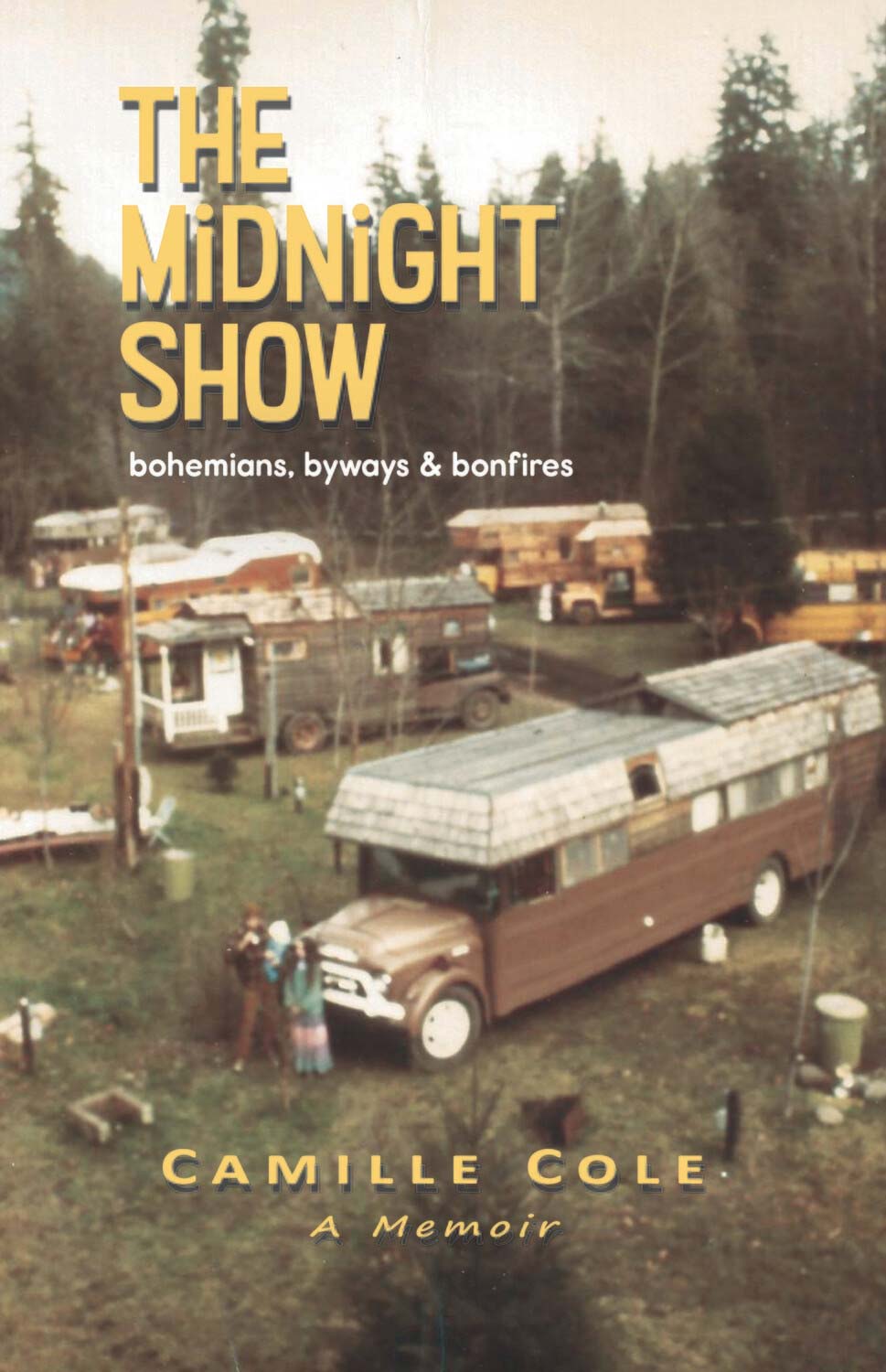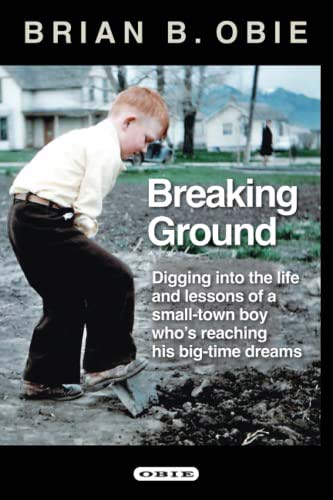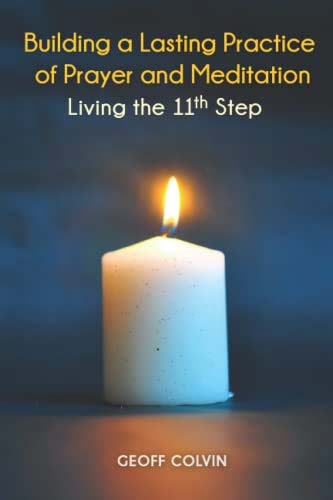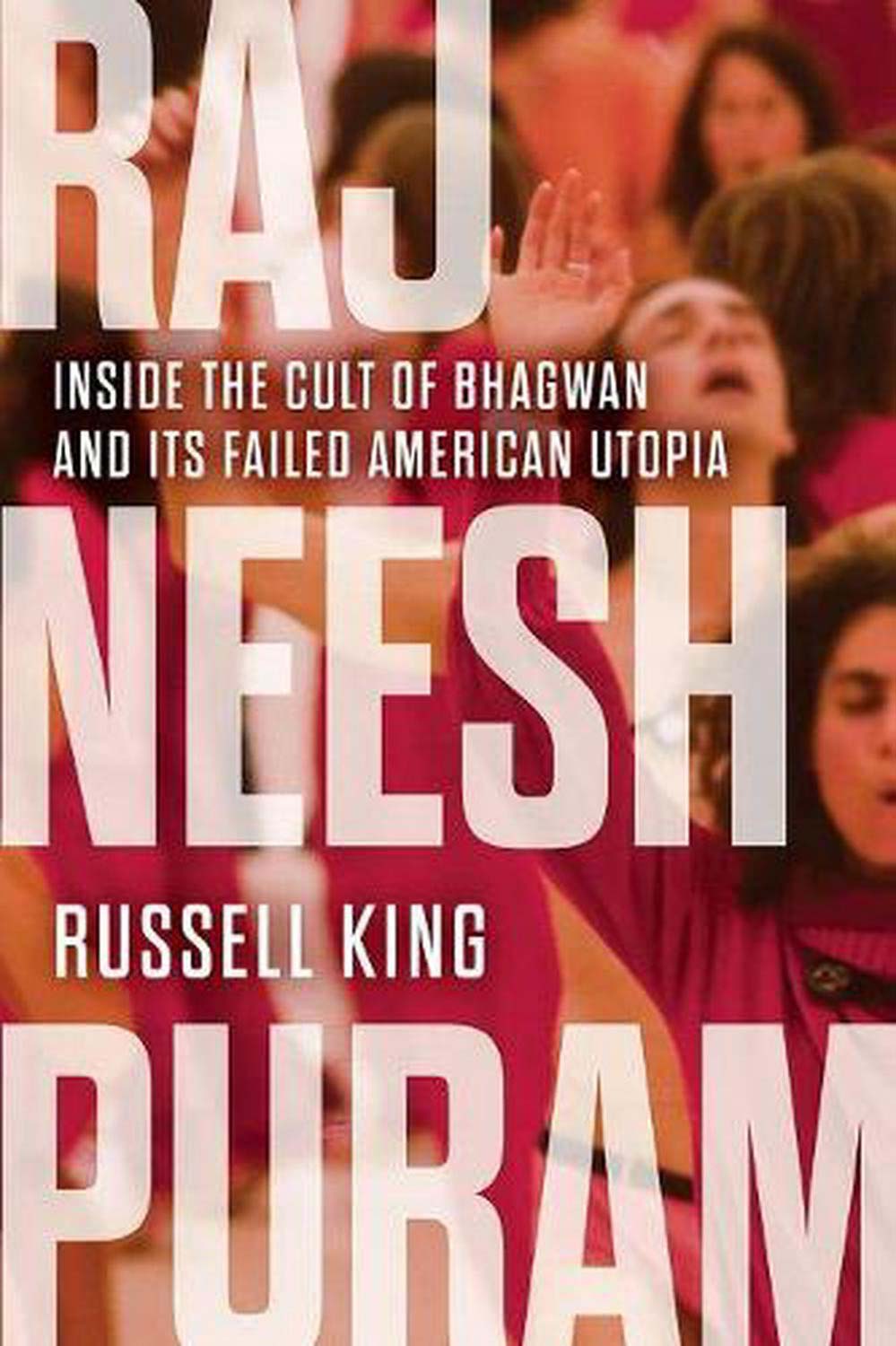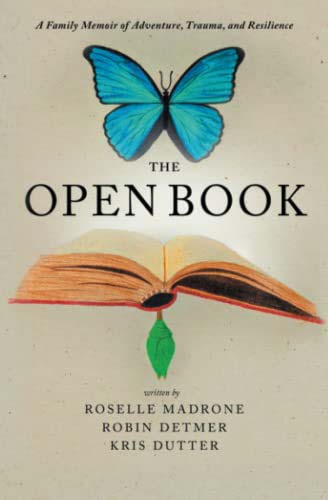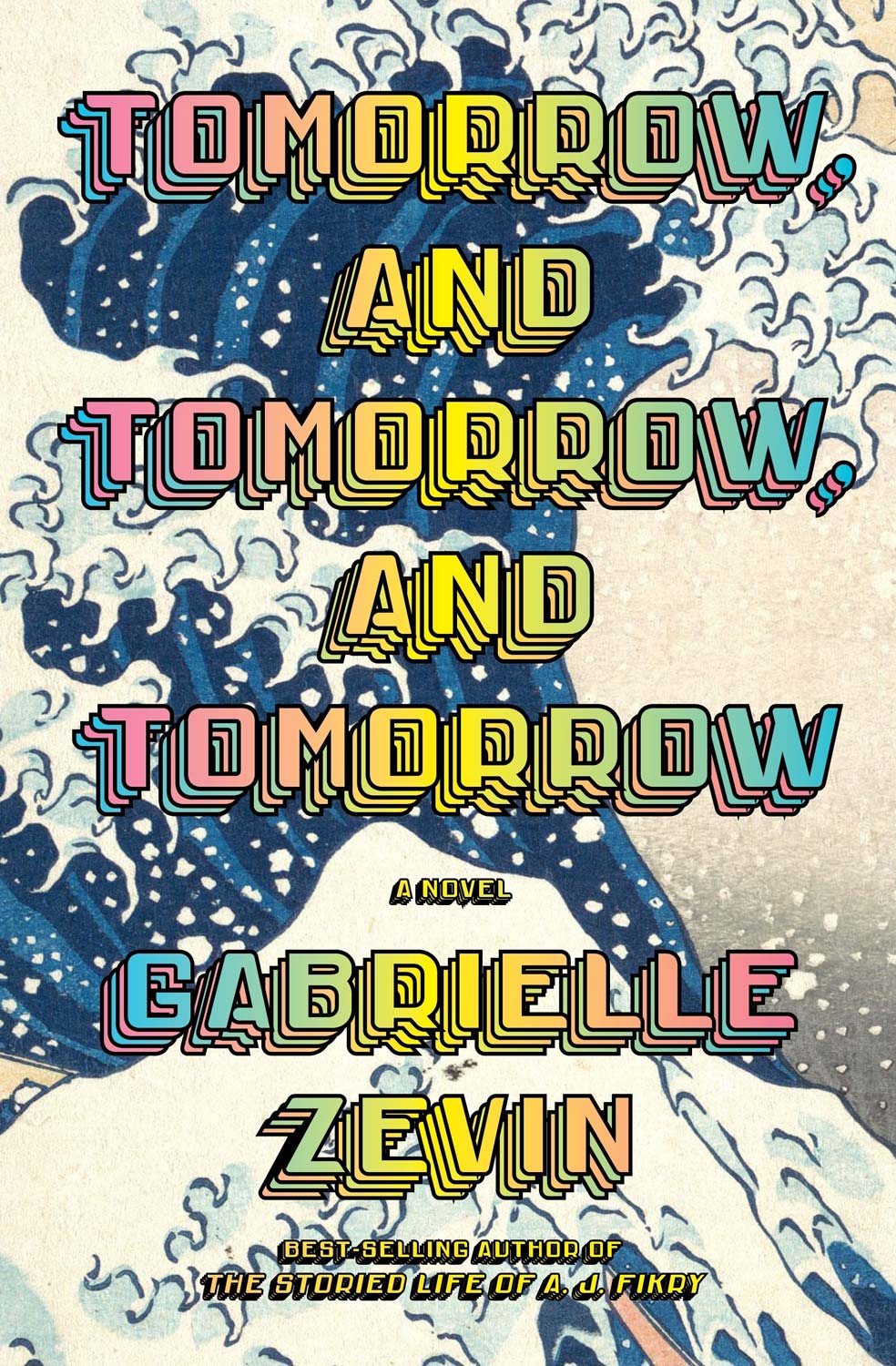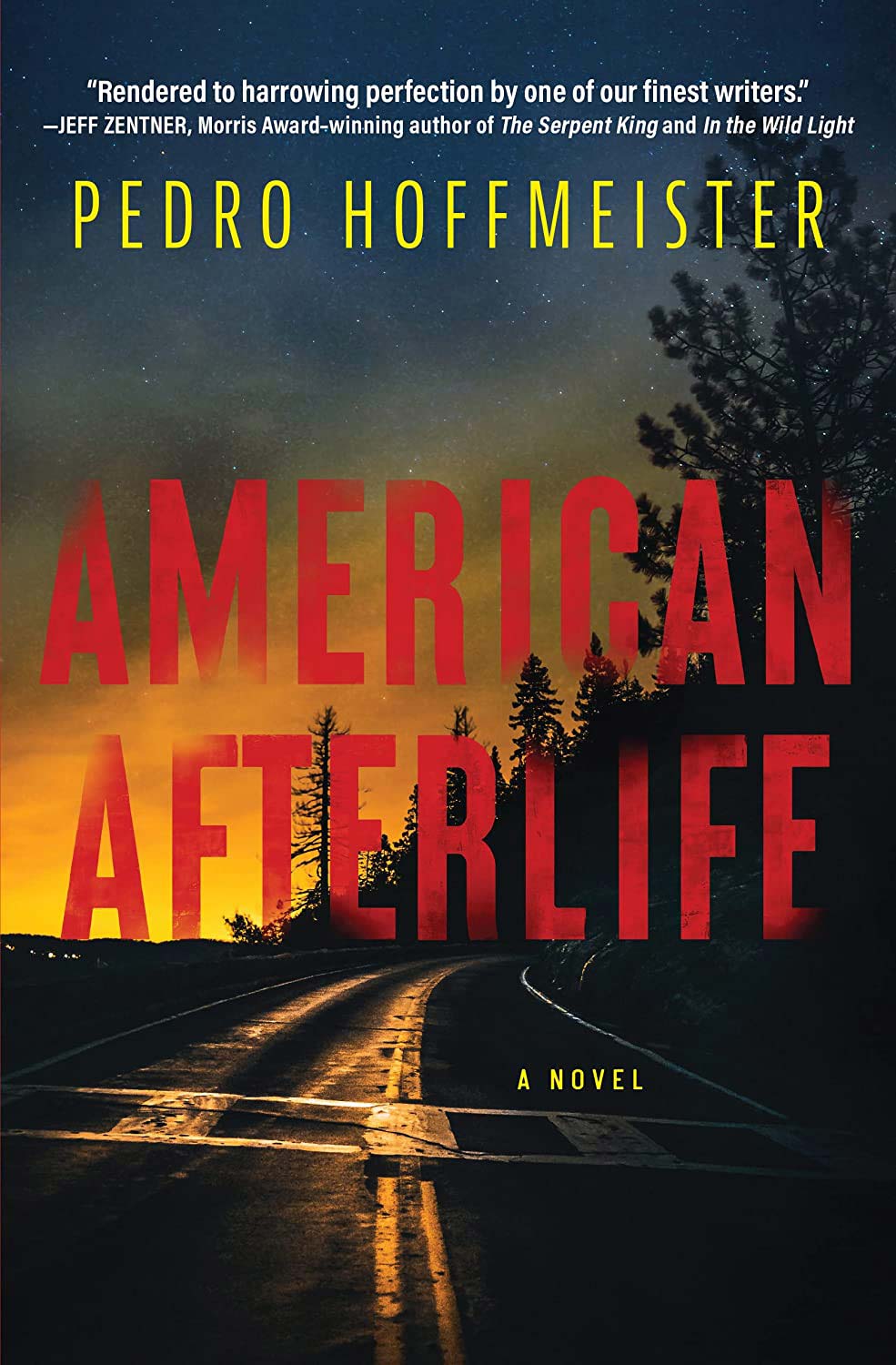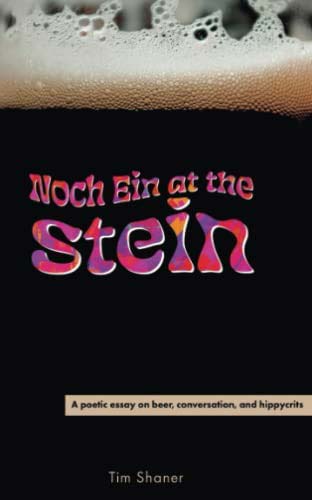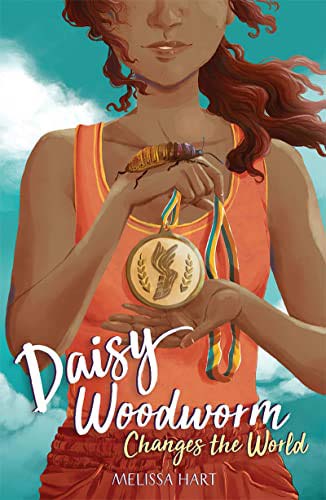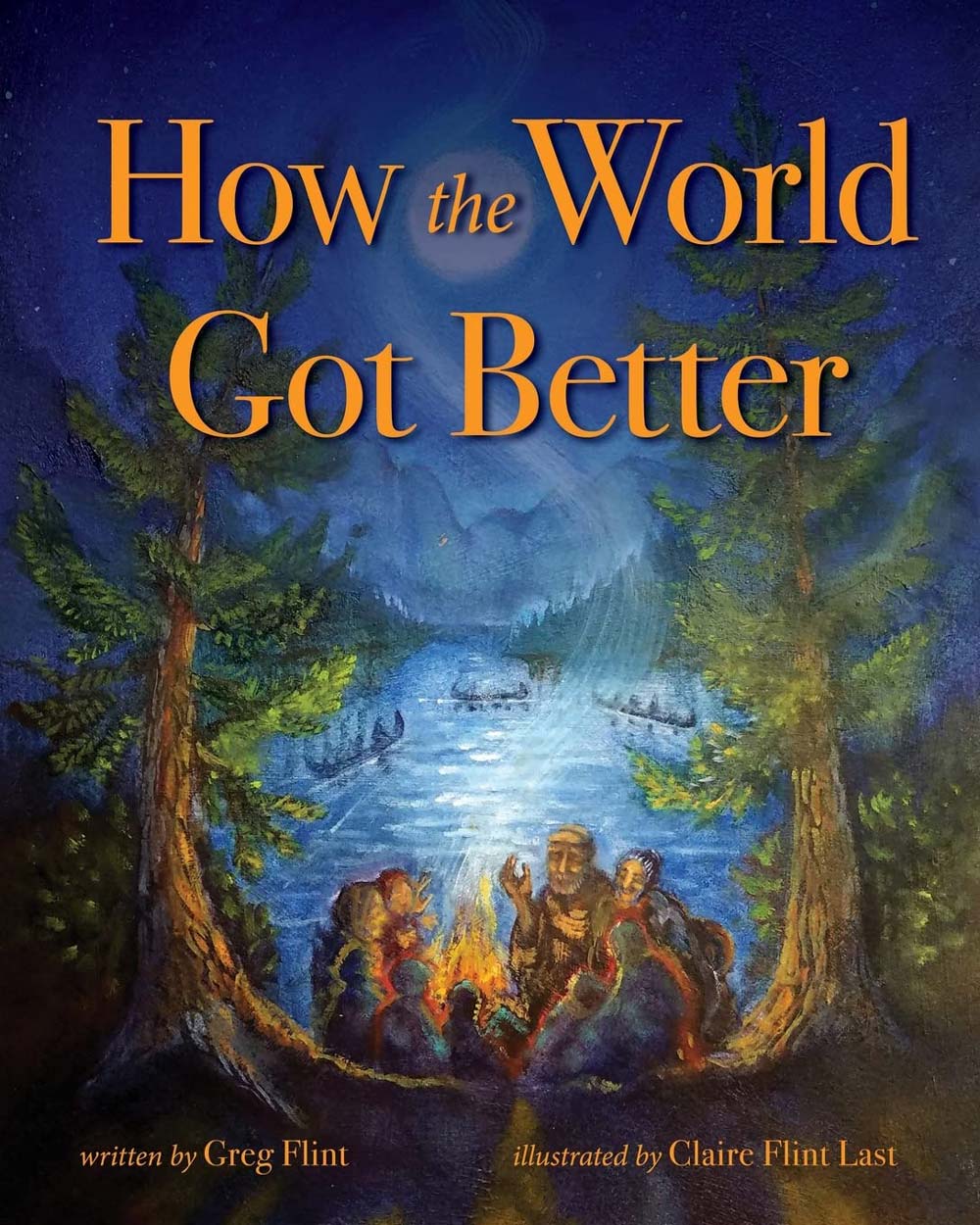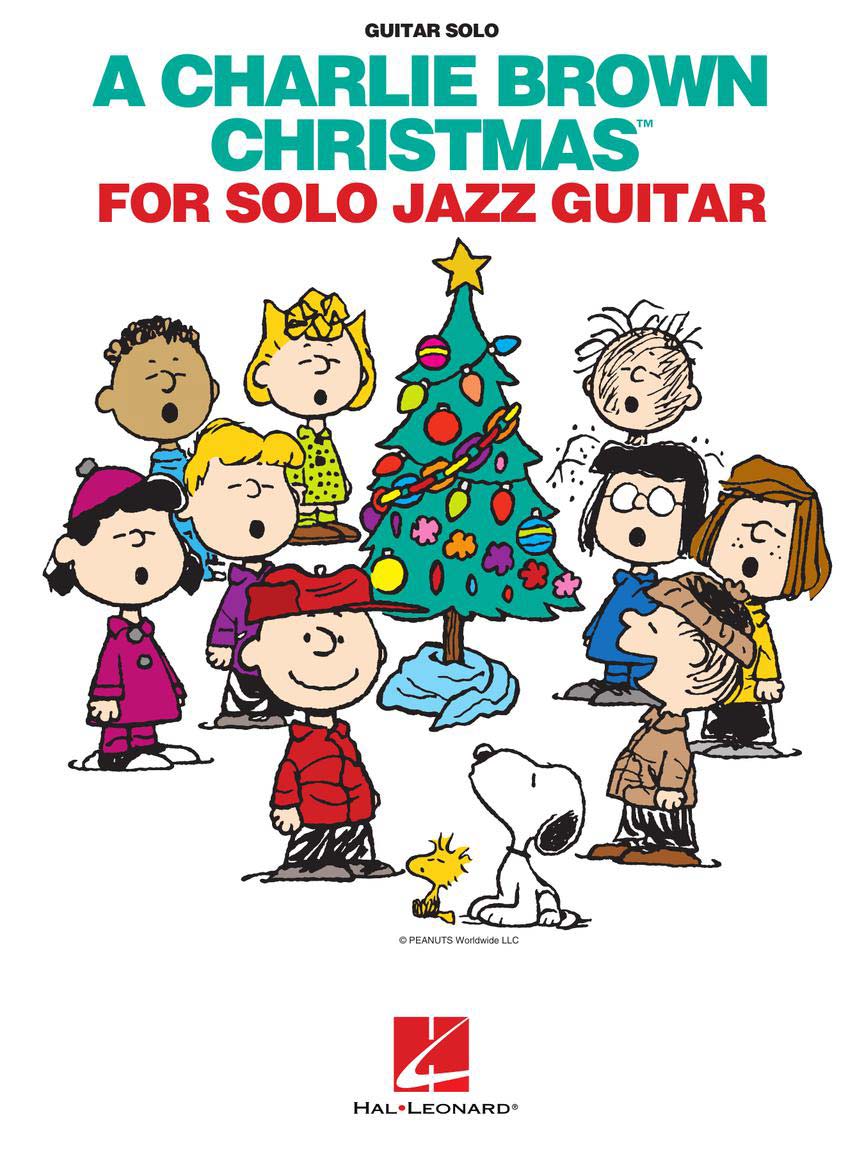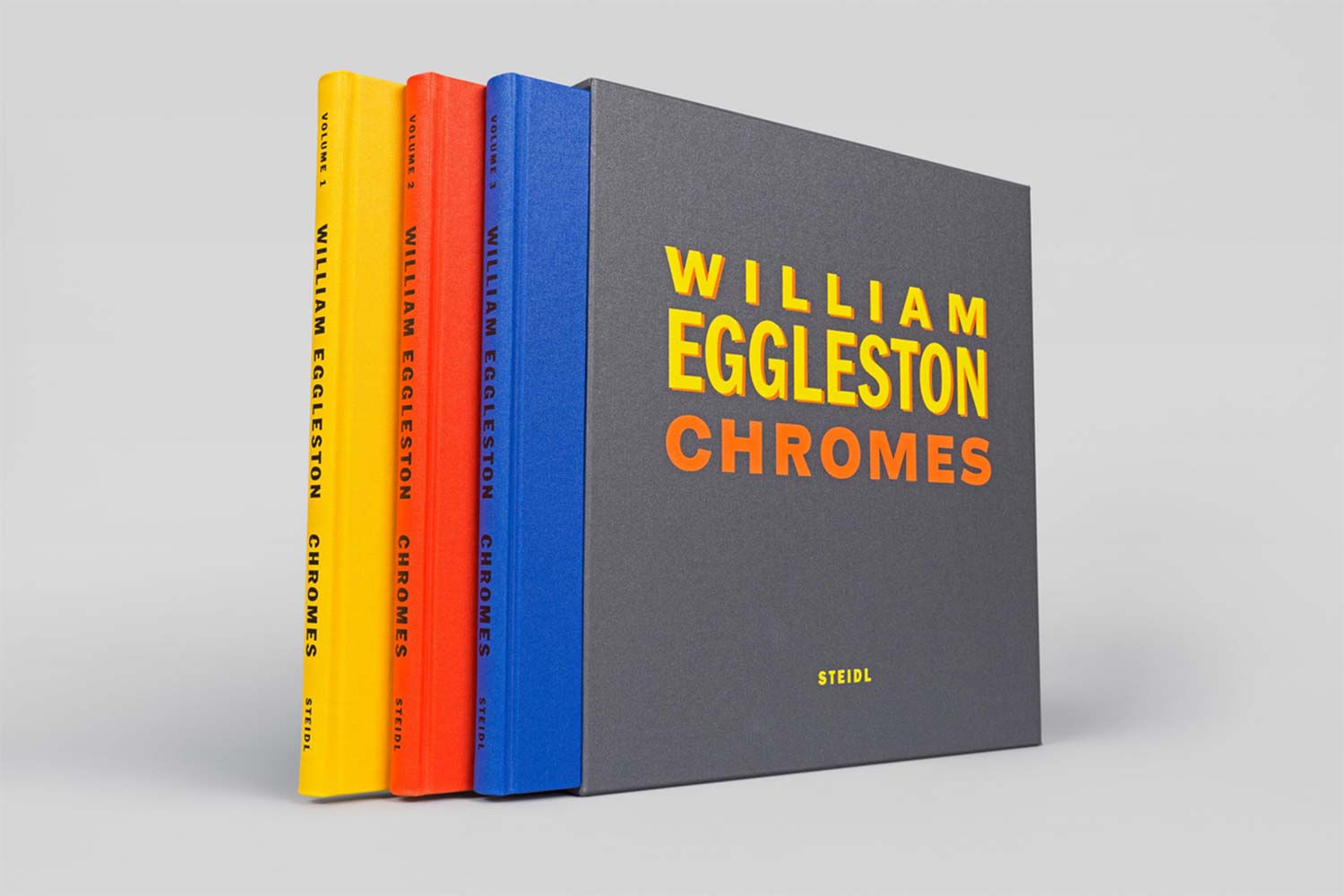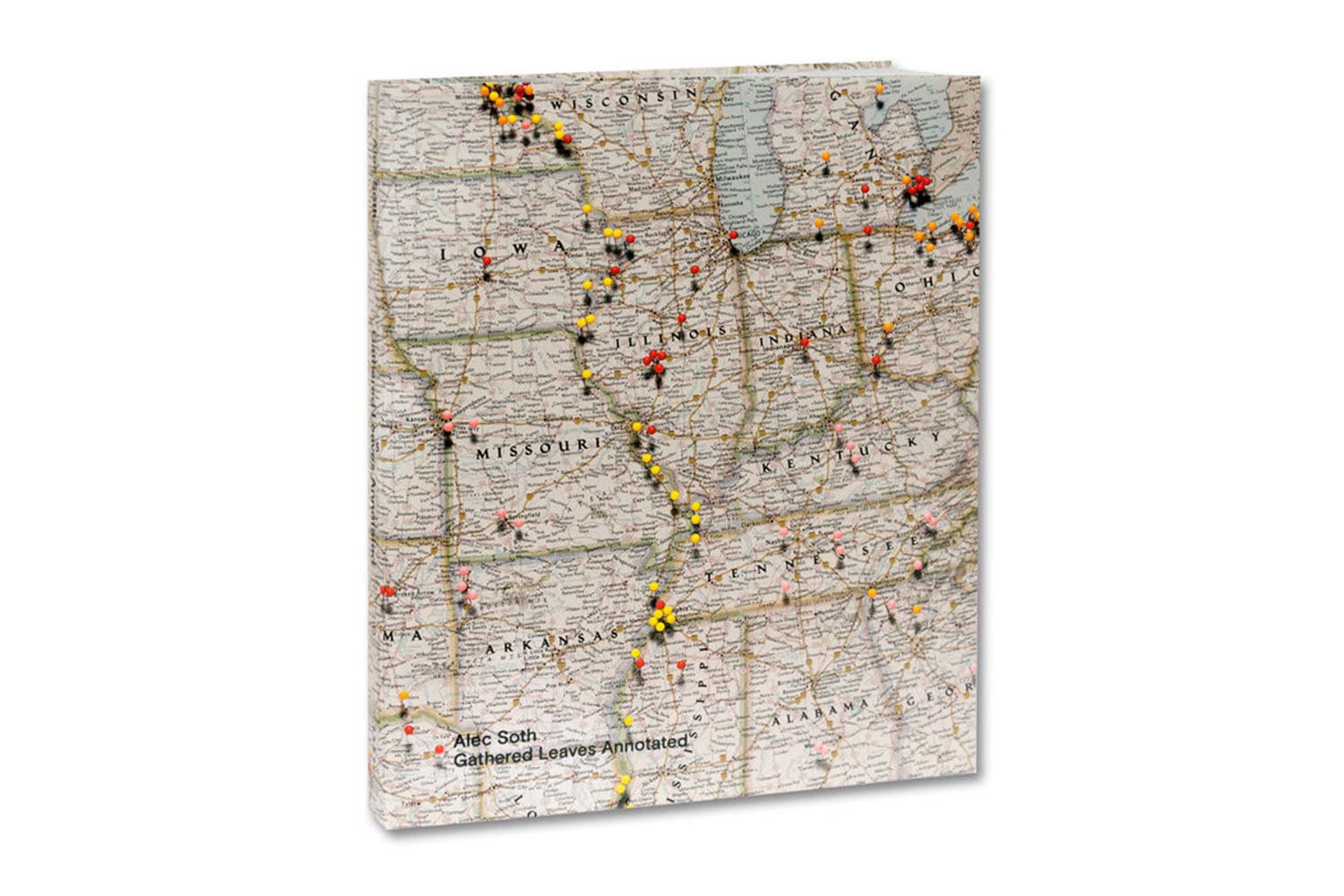Sure we hate the time change — leaving the office to dark rainy streets is depressing. But our spirits lift a little bit at the thought of warming up our evenings curled up with a book. Whether it’s by a fire or a space heater or tucked under a blanket, books transport us into other times and places, other tragedies and dreams.
So grab our newsprint and check out what (mainly local) authors you can dive into this winter.
★ = Oregon author
Nonfiction
★ Cheese War: Conflict and Courage in Tillamook County, Oregon by Marilyn Milne & Linda Kirk, OSU Press. $24.95.
Swelling conflict can sometimes devolve into petty arguments, Marilyn Milne admits, and sometimes, as Milne notes in the preface, people like her sister and co-author Linda Kirk would ask, “What exactly were they fighting about?” Cheese War — the story about a 1960s dispute between dairy farmers in Tillamook County that is not well known — has as its main protagonist Beale Dixon, head of the County Creamery Association, and George Milne, Marilyn’s and Kirk’s late father, of the Tillamook Cheese and Dairy Association, the largest producer in the CCA. George Milne believed that a loan program set up by Dixon was more a fraud and embezzlement campaign that cheated farmers out of money due. And the six-year war began, bitterly dividing neighbors and families, with clear winners and losers who would not speak to each other again.
Marilyn Milne and Kirk were just kids in the ‘60s, so when Kirk persuaded her sister to join her and embark on the project, they had to begin from scratch. “When we started this, we realized memories and personal feelings are fallible,” Milne, who is a PR consultant in Eugene, tells EW. “What can we verify?” Through long and thorough research, Milne says she came to see all the angles. “I don’t have any hard feelings,” she says now. “I have a tender regard for participants on both sides. I understood much more.” Cheese War is well worth adding to your winter reading. — Dan Buckwalter
★ The Midnight Show: Bohemians, Byways & Bonfires by Camille Cole, GladEye Press. $19.95.
The blurry cover photo on this memoir by a Portland author — showing a bunch of hippie buses in a forest meadow — pretty much tells you what you’ll find inside. This is Cole’s look back to the wild and wooly ‘70s in western Oregon, complete with Merry Pranksters and the early days of the Oregon Country Fair. — Bob Keefer
★ Breaking Ground: Digging Into the Life and Lessons Of A Small-Town Boy Who’s Reaching His Big-Time Dreams by Brian B. Obie. Obie Companies. $23.50.
Eugene’s former mayor and perhaps most-creative property developer — he’s the driving force behind 5th Street Market and the Gordon Hotel — Brian Obie has written a combination autobiography/memoir and self-help guide to implementing your dreams, conveyed in a chronological narrative along with 12 short lessons from the “University of Obie.” Obie takes us from his itinerant childhood, the son of a sign painter, to running and helping design Oregon’s second-largest city. Available on Amazon. — Bob Keefer
★ Building a Lasting Practice of Prayer and Meditation: Living the 11th Step by Geoff Colvin, Behavior Associates. $28.
For those who have suffered in the darkness of alcoholism or other addictions, the point where the man or woman seeks help is by itself a monumental accomplishment. Then what? It’s a long and arduous process filled with love and stress toward stable recovery that Eugene author and retired University of Oregon researcher Geoff Colvin knows well, having spent more than a decade in Alcoholics Anonymous. Colven explores AA’s 11th Step: “Sought through prayer and meditation to improve our conscious contact with God as we understood God.” This need not be a call to formal religion. Indeed, Colvin writes early in this slim and quick-read self-help volume that he had “a growing disconnect with my church services, leading to a search for more meaningful spiritual activities.” It takes practice in understanding a Higher Power, he notes, understanding prayer and meditation as well as to make it work in daily life. Bill W., one of AA’s co-founders who is quoted by Colvin, once said that the first 10 steps can keep a recovering alcoholic functioning, but it’s the 11 step that “can keep us growing, if we try hard and work at it continually.” Living the 11th Step is a good way to help someone to understand. — Dan Buckwalter
Rajneeshpuram: Inside the Cult of Bhagwan and Its Failed American Utopia by Russell King, Chicago Review Press. $30.
Obsession over the Netflix mini-series Wild, Wild Country, was a simpler time for us all. It was before COVID-19 took over and before then-President Donald Trump went full on wannabe dictator. Russell King’s book on the Rajneesh movement starts in India and carefully documents the rise of the religious cult to its early days in Oregon and all the way to its demise. King breathes new life into the story, using interviews he conducted and news articles from The Oregonian, that makes this a riveting read. — Henry Houston
Memoir
★ The Open Book: A Family Memoir of Adventure, Trauma and Resilience by Roselle Madrone, Robin Detmer and Kris Dutter, Jungle Baby Press. $16.99.
Novels frequently shift narrative point of view so that each main character gives their own very different perspective on events as they unfold, but a memoir, by definition, tells the story of one person’s life as viewed through the lens of that person who is also the author. In contrast, The Open Book is the collaborative memoir of a family told by a mother and her two daughters, three extraordinary women each with a slightly different perspective on their family history.
In the 1970s, Kris Dutter and her husband flee what they view as the corruption of this country to build a working commune with other couples in the tropical paradise of Belize. The narrative is then picked up and shared by their two daughters, Robin and Roselle, who are born and spend much of their early childhood on this commune. Belize proves to be a Garden of Eden, but one unexpectedly invested with its own evils, some that they find there and some that they have brought from home. These strong, resilient women return to the U.S. where they struggle with and eventually triumph over adversity — Donald Brasted-Maki
Fiction
★ An Ounce of Gold: Saving the Great White Egret — 1898 by Joe R. Blakely, self-published. $15.
A prolific writer living in Eugene, Joe Blakely generally alternates between fiction and nonfiction in his work, which is all about regional history. Last year he brought out a biography, William Lovell Finley: Champion of Oregon’s Wildlife Refuges, about the man whose work helped federal wildlife refuges here protect birds; this year he’s continuing the story in fiction with An Ounce of Gold, a novel set amid Finley’s battles to save Oregon’s egrets from slaughter for the feather trade. — Bob Keefer
Tomorrow and Tomorrow and Tomorrow by Gabrielle Zevin, Knopf. $30.
Authors struggle with having a video game-related novel. Often, a novel can take the route of Ready Player One, where nostalgia results in cramming as many references as possible in a book. Gabrielle Zevin’s Tomorrow and Tomorrow and Tomorrow is both about video games and explores friends and how they grow apart and try to rekindle relationships. — Henry Houston
★ American Afterlife: A Novel by Pedro Hoffmeister, Crooked Lane Books. $29.99.
I am going to be honest, I’m not always the biggest fan of suspense and thrillers, so reading Pedro Hoffmeister’s American Afterlife and its chilling, realistic and sometimes bloody depiction of Eugene after the Cascadia quake had me periodically tossing the book down and walking away. Then I picked it back up, read some more and gave it to a friend to read.
Hoffmeister, a local educator and and climber who’s previously published as Peter Brown Hoffmeister, tackles the big quake, immigration issues and cults in this page-turner that turns the ordinary streets of this town into a terrifying prediction of what our future could bring — and also of our own resilience. — Camilla Mortensen
★ Noch Ein at the Stein: A Poetic Essay on Beer, Conversation, and Hippycrits by Tim Shaner, Spuyten Duyvil. $17.28.
It’s a phenomena I haven’t seen as much in Eugene, but was seemingly endemic to the bars of Madison, Wisconsin, when I lived there — the slightly disheveled and nerdy dude hunched over his computer, beer by his side, writing his novel. It seemed like the ultimate in novel writing performance art.
But now, as I try to picture local author Timothy Shaner writing his Noch Ein at the Stein, I have to admit that sometimes a barfly pulls off writing that book. Full disclosure, as much as I like and appreciate the Bier Stein, I am not there that often, so I don’t actually know if Shaner typed any pages at its tables, but he certainly captures its ethos, with a little having a drink with Jack Kerouac with a Charles Bukowski-esque feel tossed in. — Camilla Mortensen
Young Adult
★ Daisy Woodworm Changes the World by Melissa Hart, Jolly Fish Press. $14.99.
Some years ago, I was out with my housemate and her son, Eric, who has Down syndrome. Eric is a romantic and a gentleman and offered to buy me a drink. He’s my age — in other words he was more than old enough to buy alcohol — and has a job and is a pretty independent adult, so he took some of his hard earned cash up to the bar and requested the whiskey ginger I was looking for. The bartender was nonplussed. Could someone with Down syndrome buy a drink? I swiftly assured him he could in fact do that.
Local author Melissa Hart’s teen novel Daisy Woodworm Changes the World addresses the notions people have about folks with Down syndrome through the eyes of 13-year-old Daisy whose brother Sorrel, aka Squirrel, is a dapper dresser and aspiring model in a world that doesn’t always understand how to deal with those of us who are a little bit different. It’s a charming read and a coming of age tale, drawn from Hart’s experiences growing up with her brother who has Down syndrome. — Camilla Mortensen
Children’s
★ How the World Got Better by Greg Flint, illustrated by Claire Flint Last, Luminare Press. $20.
Ever look around — especially after a contentious election cycle — and wonder if the world is ever going to get better? Perhaps it’s not about the wondering, but about the doing? Or as in the case of Greg Flint’s warm and wishful How the World Got Better, it’s about asking the right question. Local artist Claire Flint Last’s images, from warm colors to cool ones, to black and white sketches, are just right for the gaze of your little ones listening to you read the tale. And if your voice is worn out from the current colds, flus and COVID, never fear, go to HowtheWorldGotBetter.com for a link to a reading of the book by Spokane Public Radio. — Camilla Mortensen
Music
A Charlie Brown Christmas for Solo Jazz Guitar by Vince Guaraldi, Hal Leonard. $19.99.
Nothing captures the holidays like Vince Guaraldi’s jazz compositions for A Charlie Brown Christmas. The soundtrack has elevated itself to join the ranks of Christmas tunes, and now guitarists finally have a book that transposes Guaraldi’s masterful piano work onto six strings. The book shouldn’t be too difficult for those familiar with jazz chord fingerings and concepts. Of course, it’s impossible to have a solo guitar performance match the musical range of a piano, but the book will have your dog groovin’ along like Snoopy to Guaraldi’s jazz holiday classic. — Henry Houston
Photography
Chromes by William Eggleston, Steidl. $380.
The long-awaited reprint of William Eggleston’s Chromes arrived this year. The sizable series includes three volumes with 344 color plates selected from more than 5,000 Kodachromes and Ektachromes in the Eggleston Artistic Trust. This collection represents his early work — test-driving color and taking chances with composition.
Eggleston is known for being “at war with the obvious.” He points his camera at seemingly nothing at times to remind us of the often overlooked beauty all around us, an honest and intentional democracy of vision. Nothing is more or less important or significant.


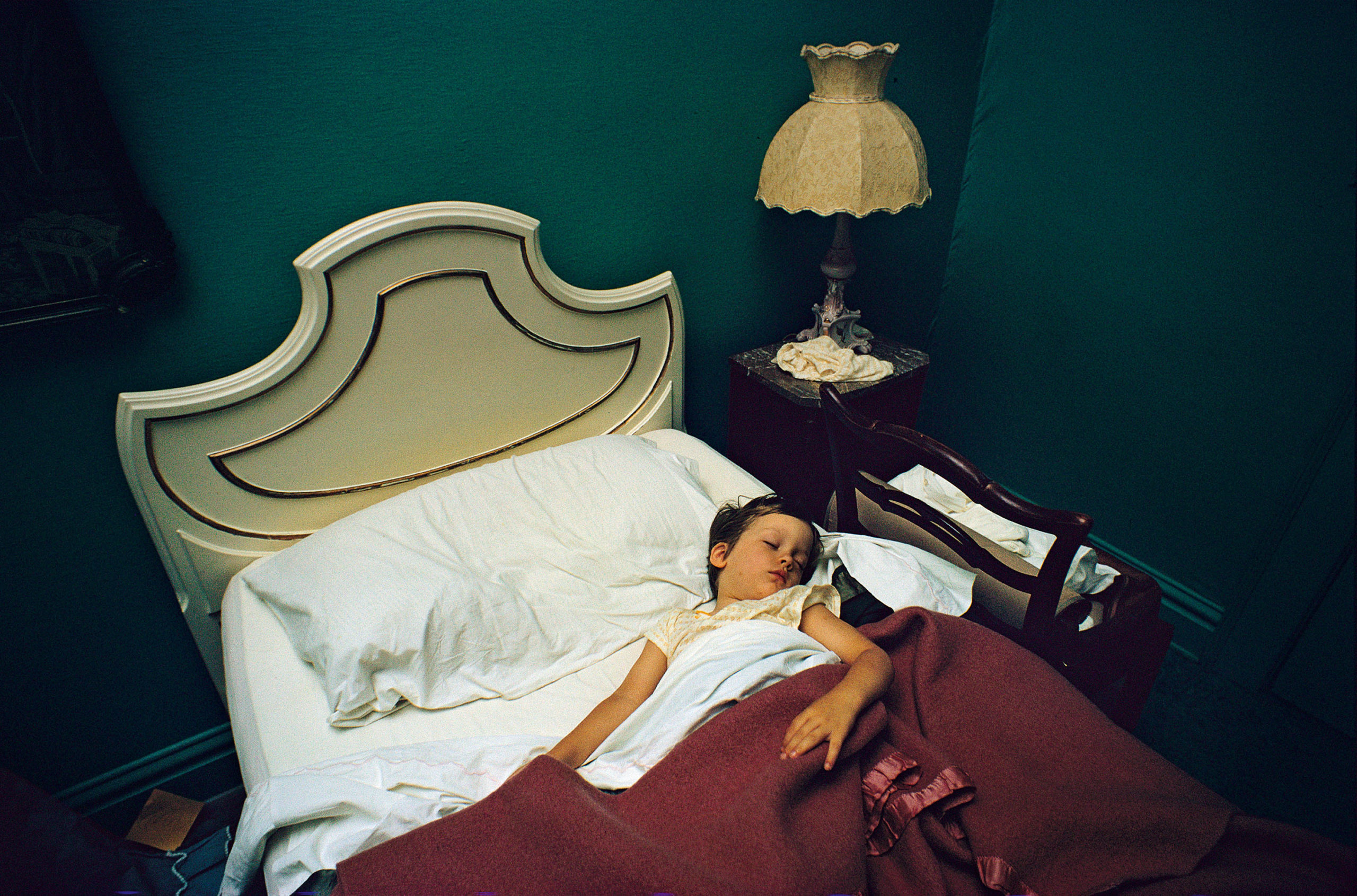
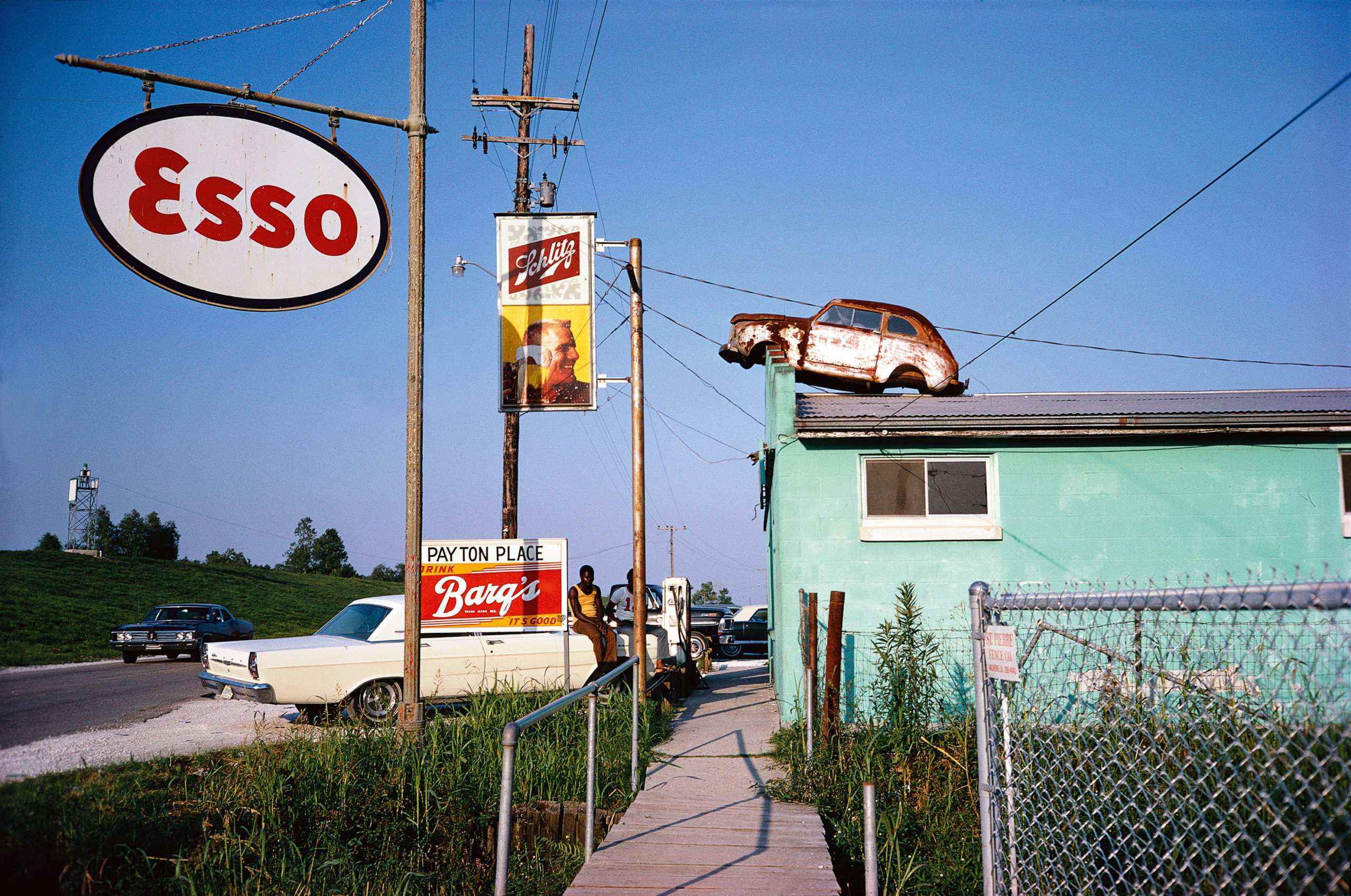
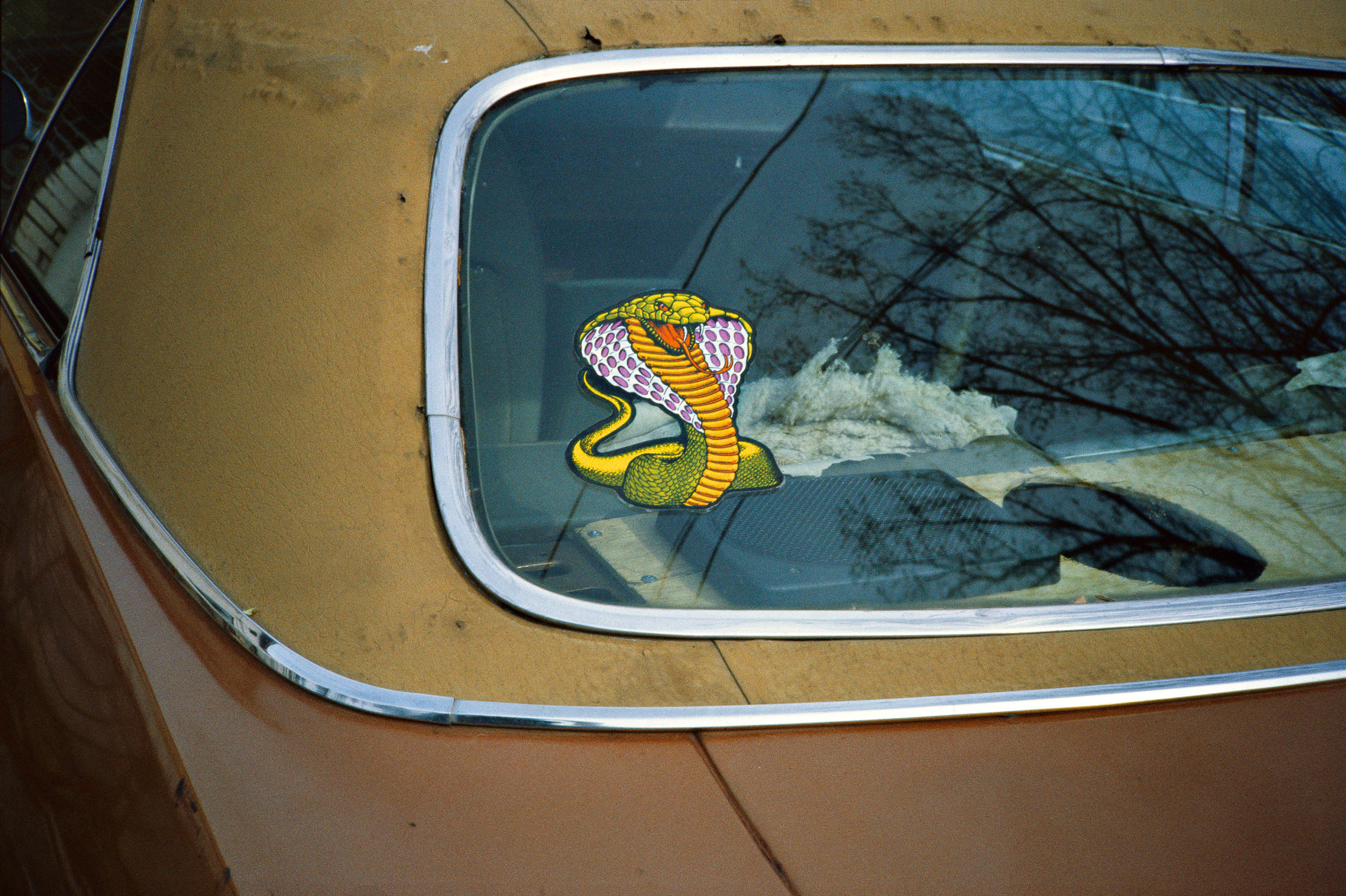
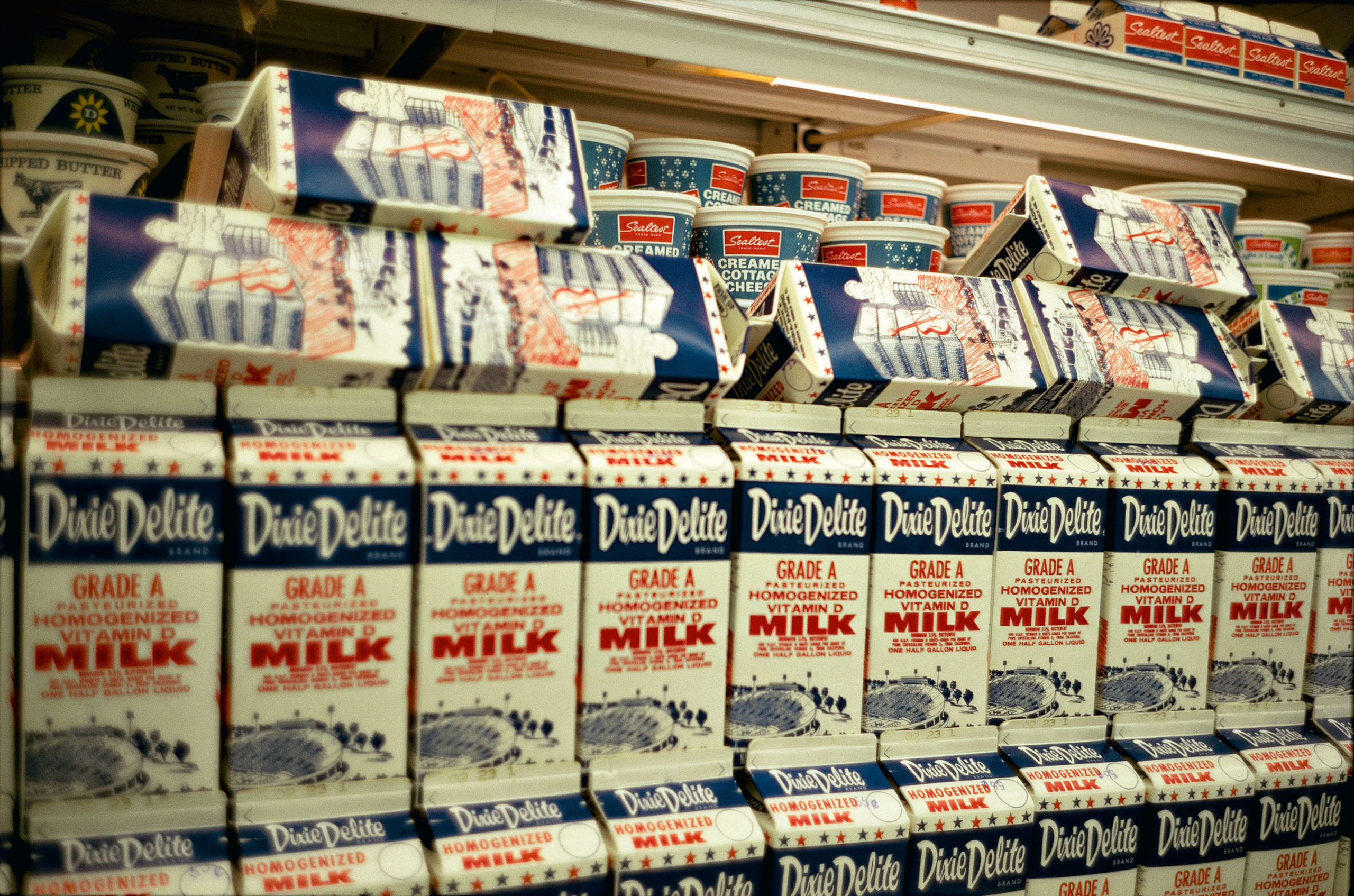
I recently heard a podcast with Eckhart Tolle where he talked about letting go of concepts to attempt to see (hear and feel) without mental labels. Tolle explains, “Humans are always looking for the spectacular or the big thing that stands out… They completely ignore the so-called ordinary which is 99 percent of your life. The ordinary things of daily existence.” That idea seems right at home with this work.
“There is no particular reason to search for meaning,” Eggleston has said of his work in general. And he’s right. Sometimes beauty just is. Spending time with Chromes (or any Eggleston book for that matter) will almost certainly help retrain your eye to be more open to see it. — Todd Cooper
Gathered Leaves Annotated by Alec Soth, MACK. $60.
Two things immediately caught my eye about this book:
First, the obvious, this was a chance to experience five of Alec Soth’s books (Sleeping By The Mississippi, Niagara, Broken Manual, Songbook and A Pound of Pictures) as a personally detailed compilation strung together as one. His annotations range from one liners to full-on stories, poems to passages, newspaper clippings to screenshots, and other pictures to explain pictures. I personally love when he includes a frame that he now prefers over the published image, or an enlarged detail of smaller elements you may have missed within a composition. Not even kidding when I say sometimes I go to pinch and zoom a book’s page. There’s also instances where he shares reflections on his life, work and the medium in general not literally related to the image but maybe occurred to him on the day the photo was taken or reflecting back.
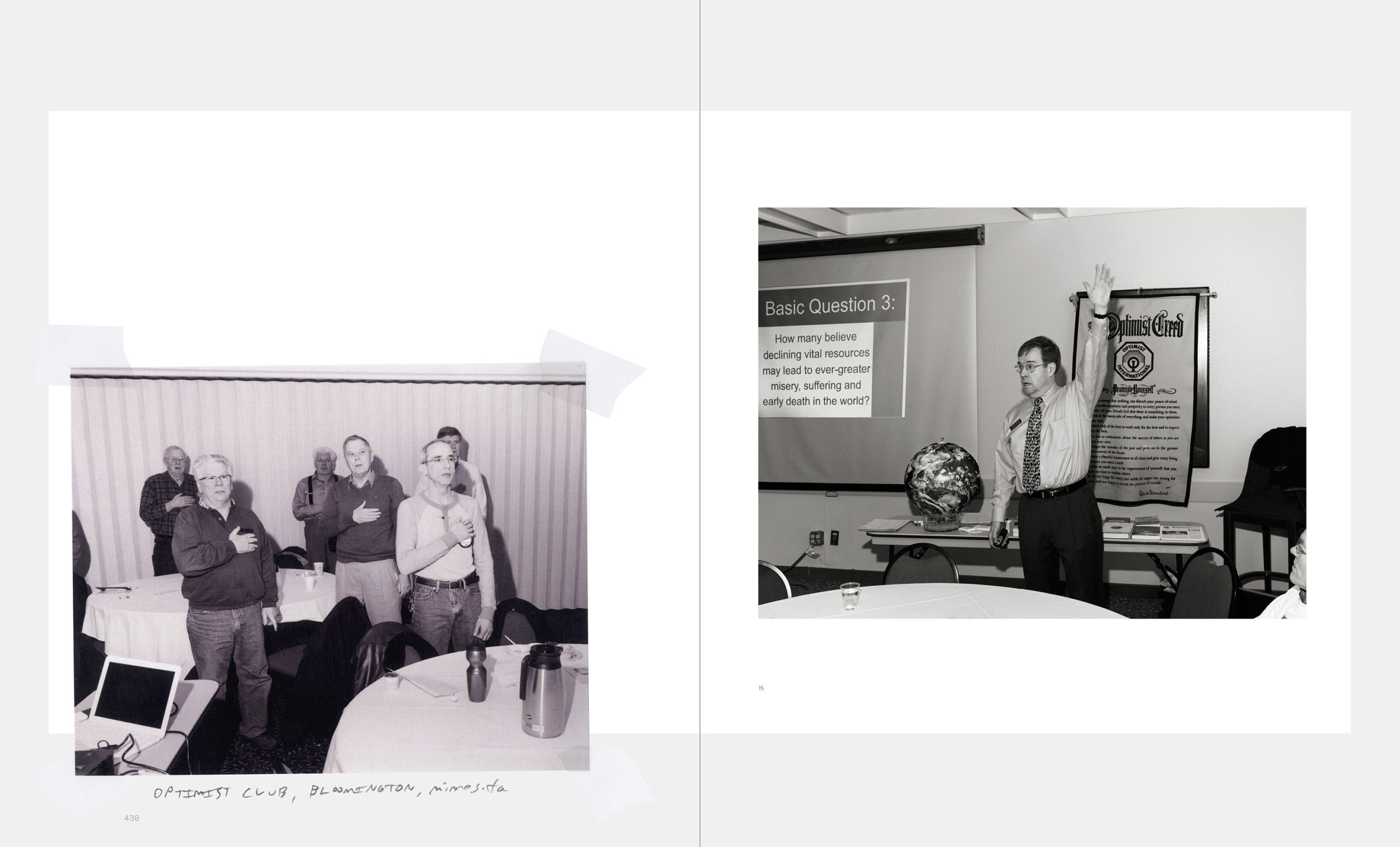
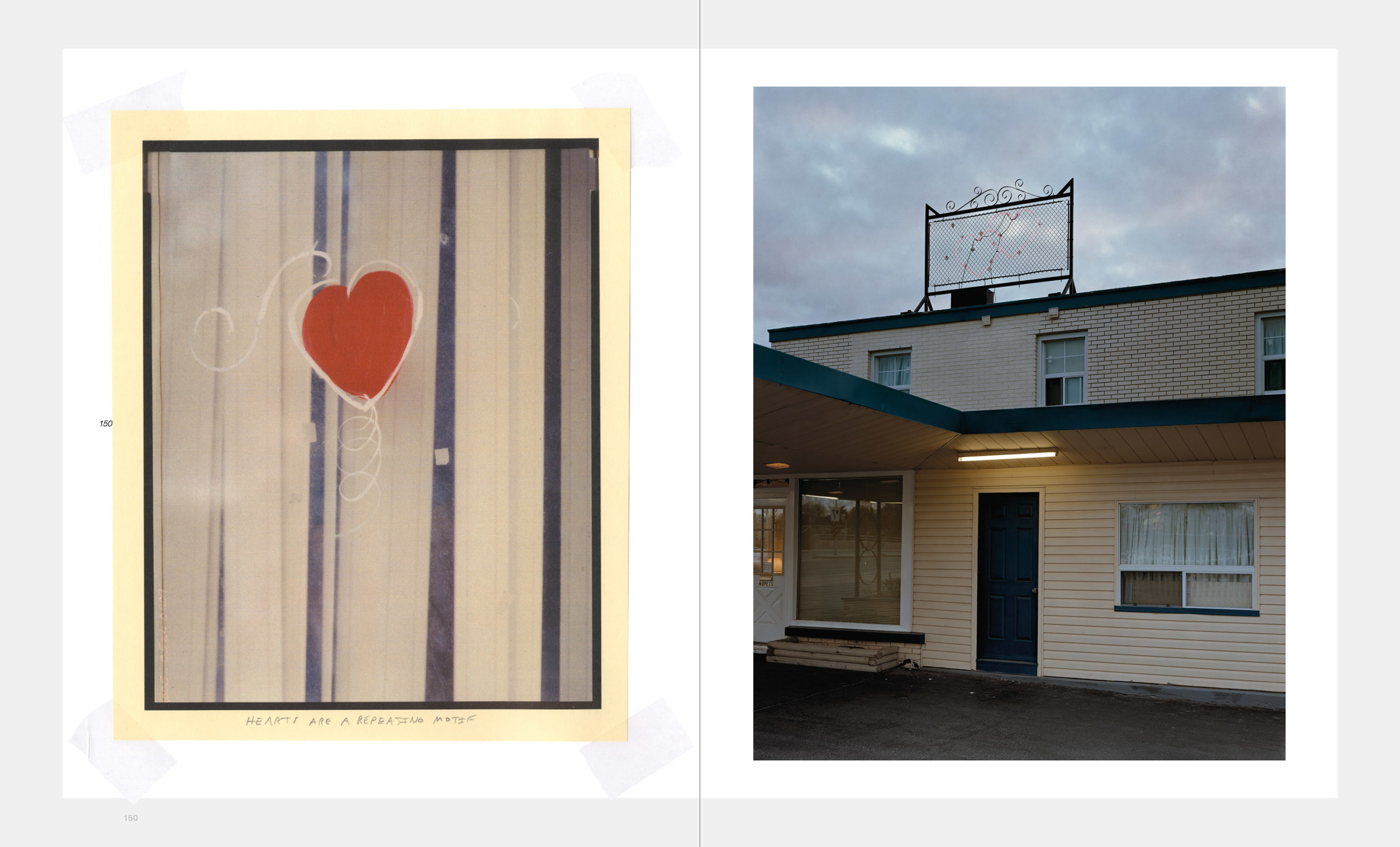
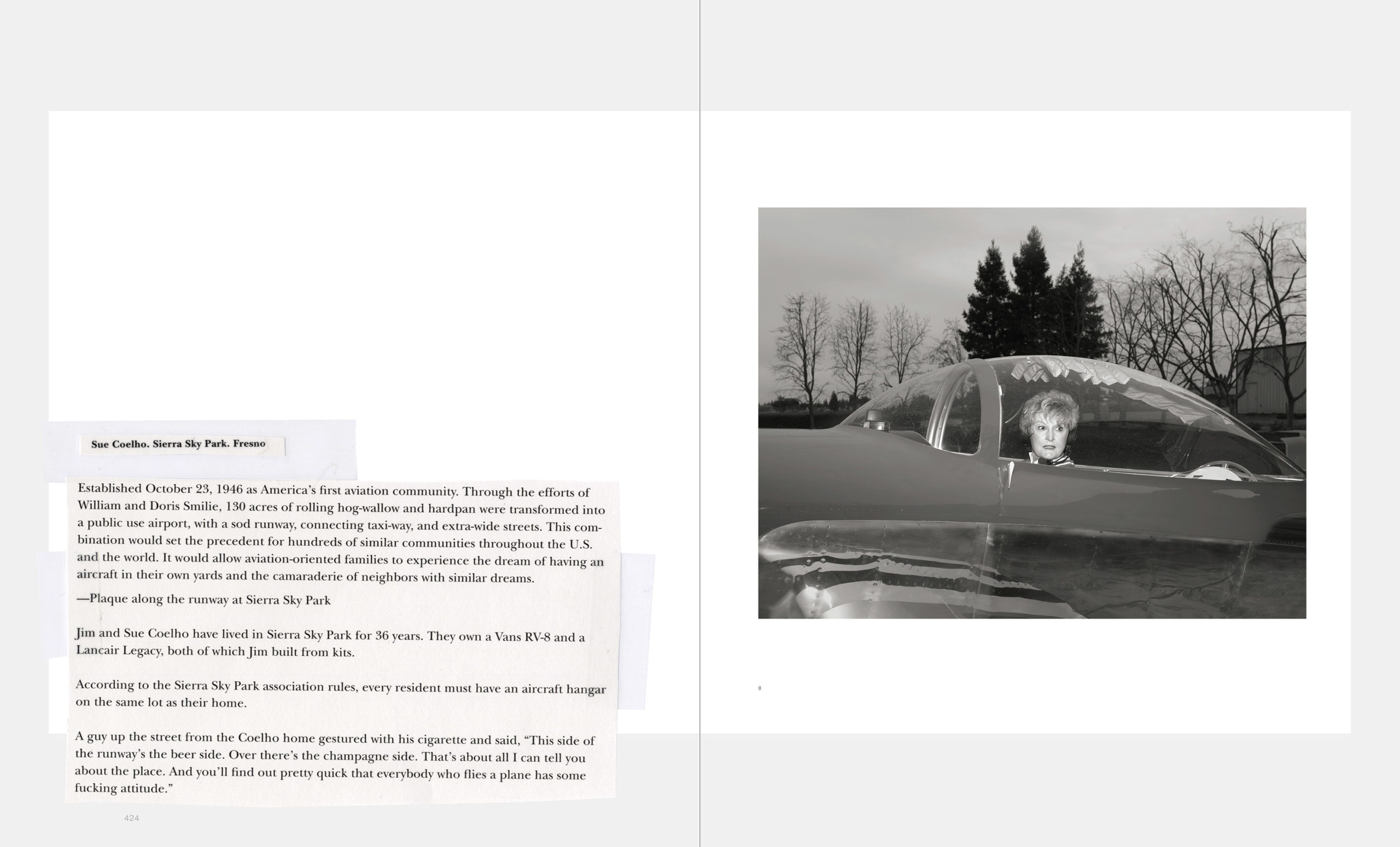
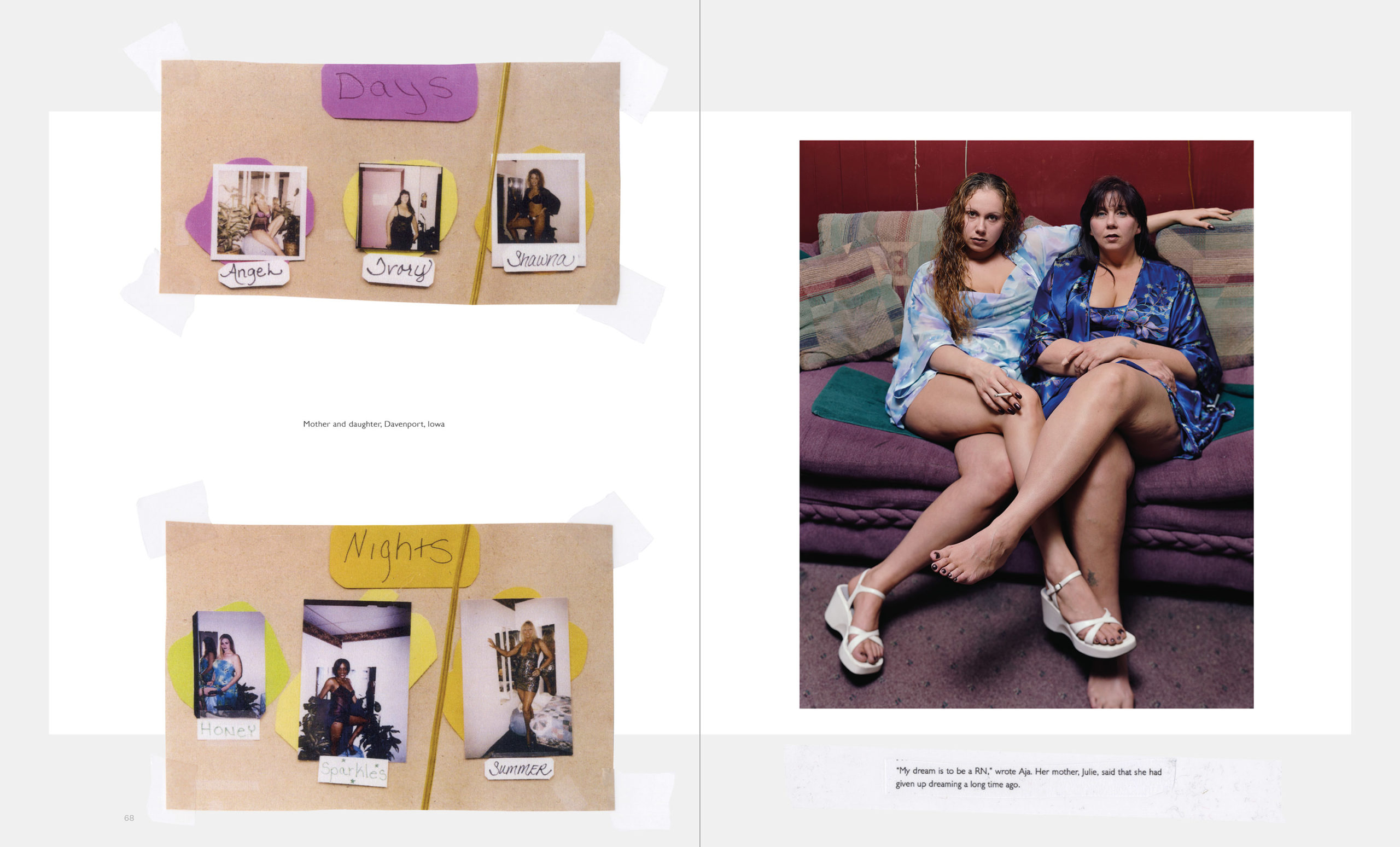
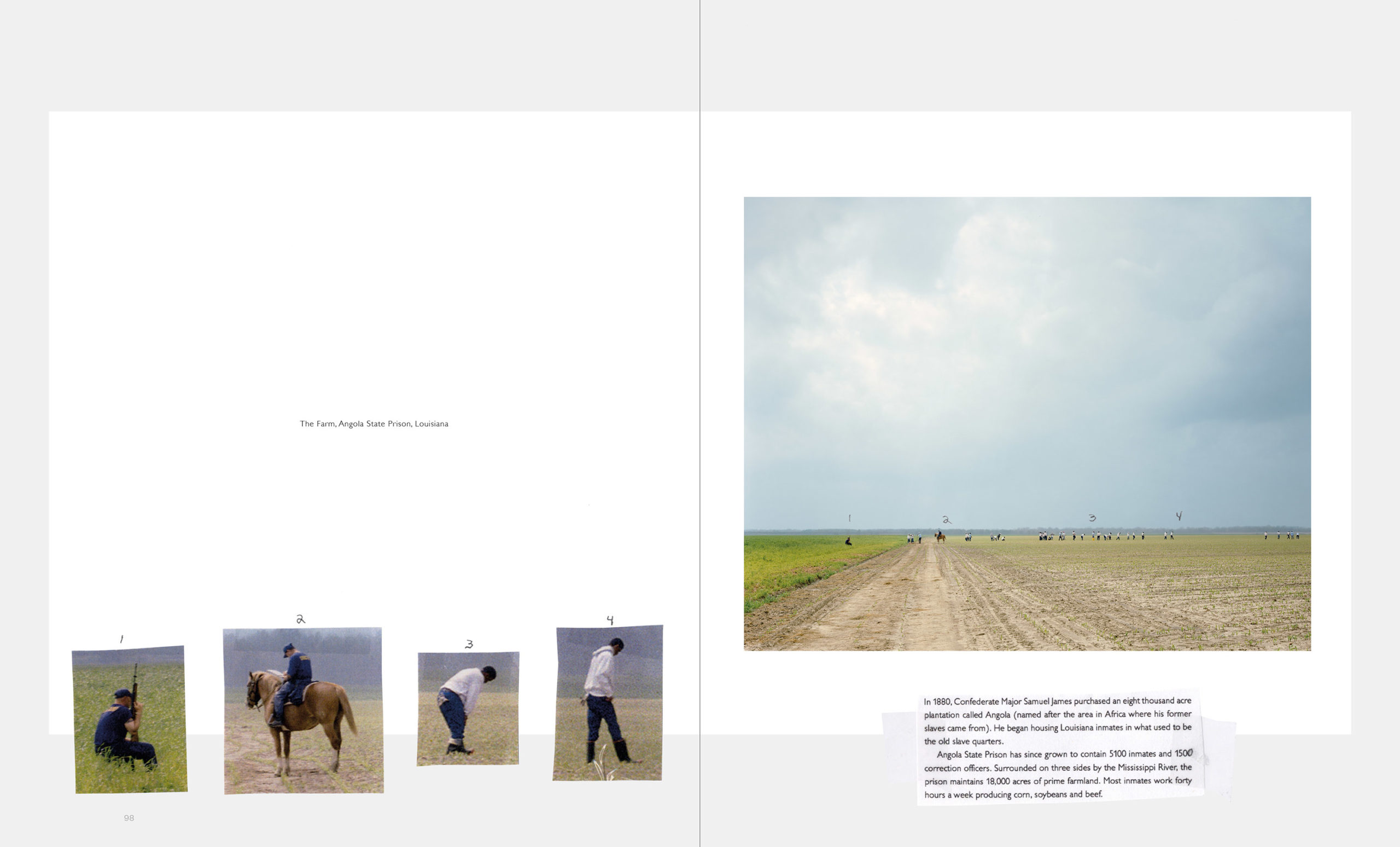
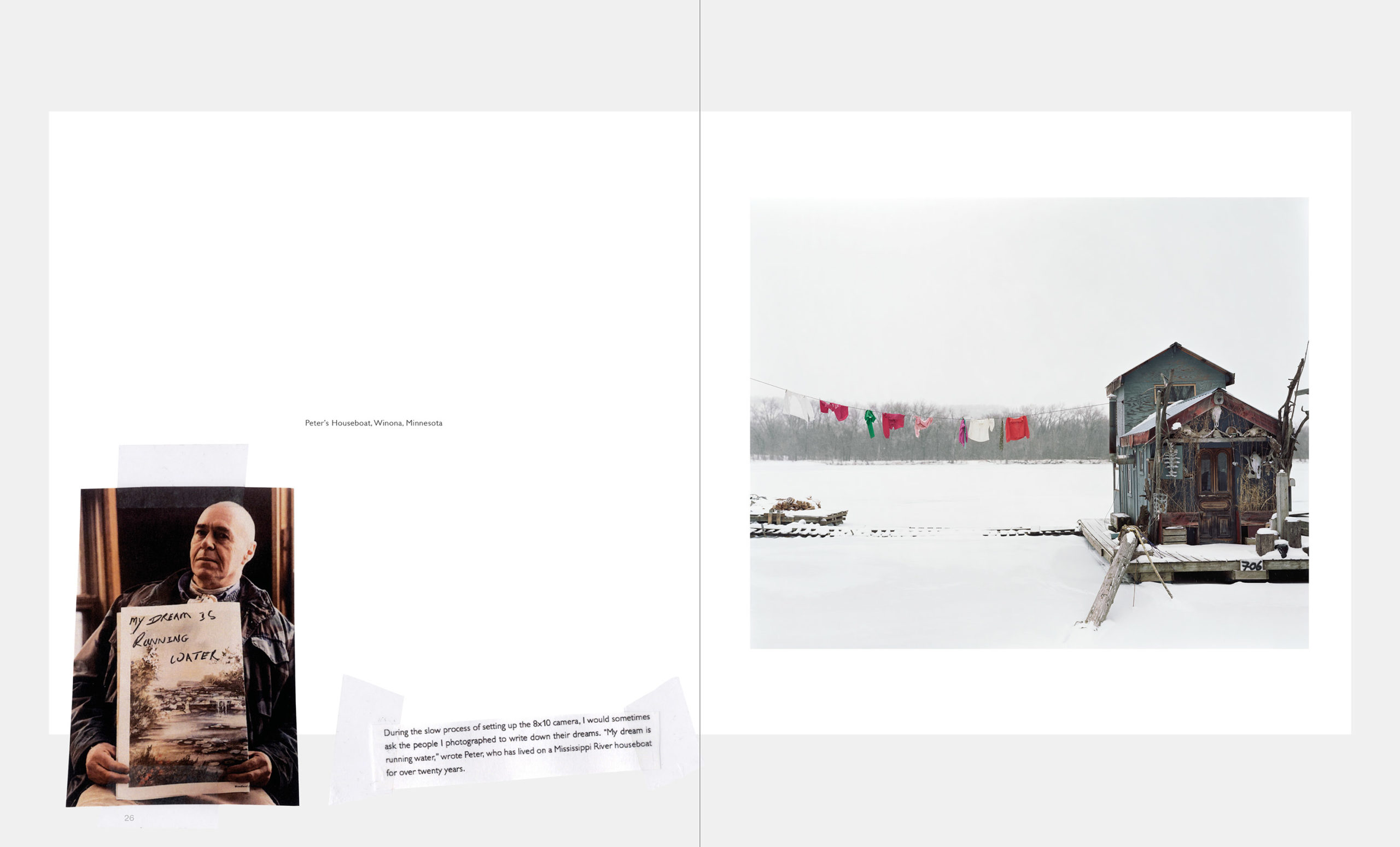
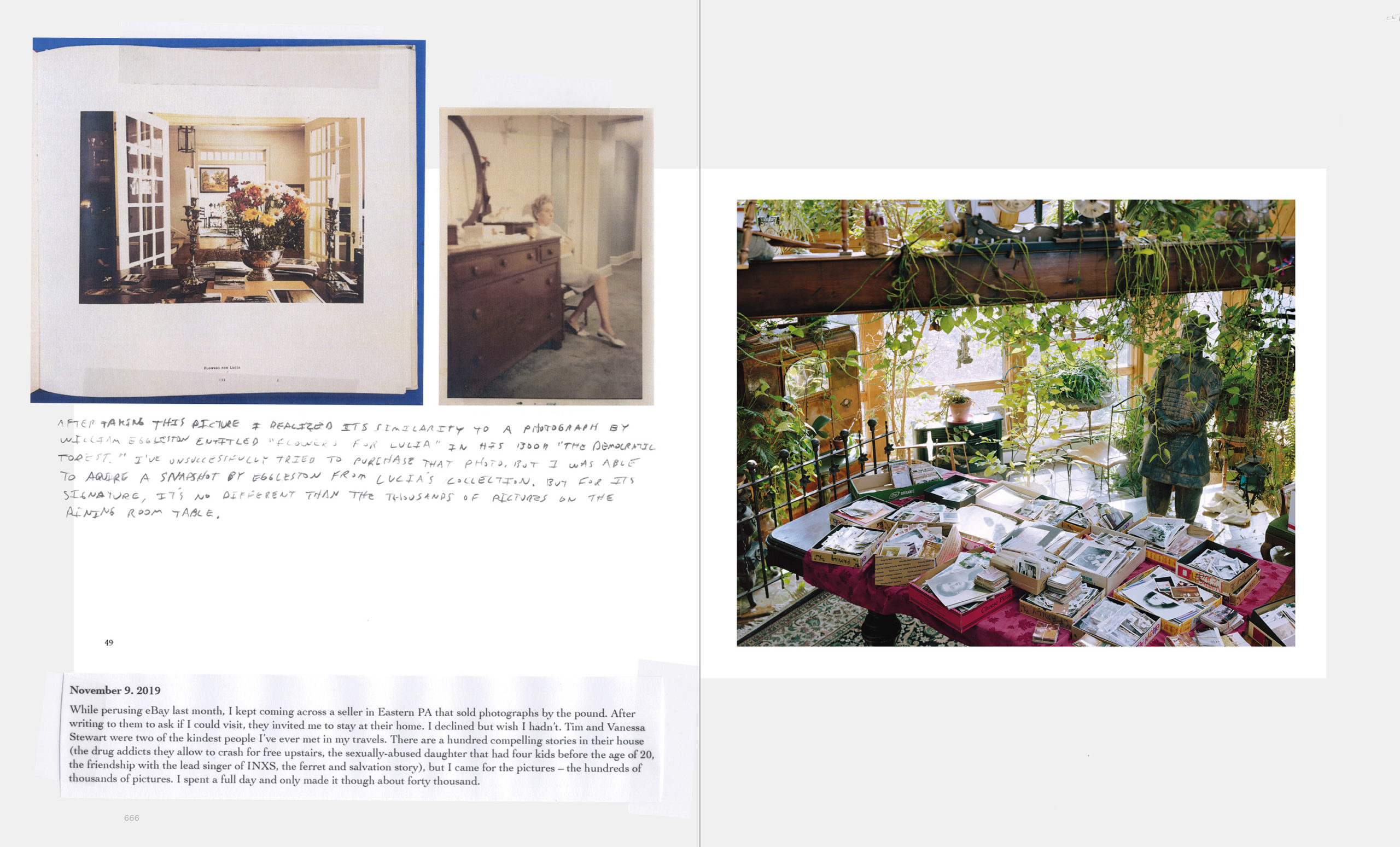
Second, Gathered Leaves Annotated was printed entirely on newsprint. As a photographer who works week to week on this challenging paper, I had to see how Soth and MACK pulled that one off. I’m a bit surprised to say that sometimes you even forget that detail. There are clever decisions like gray borders throughout that make the images and the newsprint itself appear brighter. Don’t be surprised if I lift that one. — Todd Cooper
